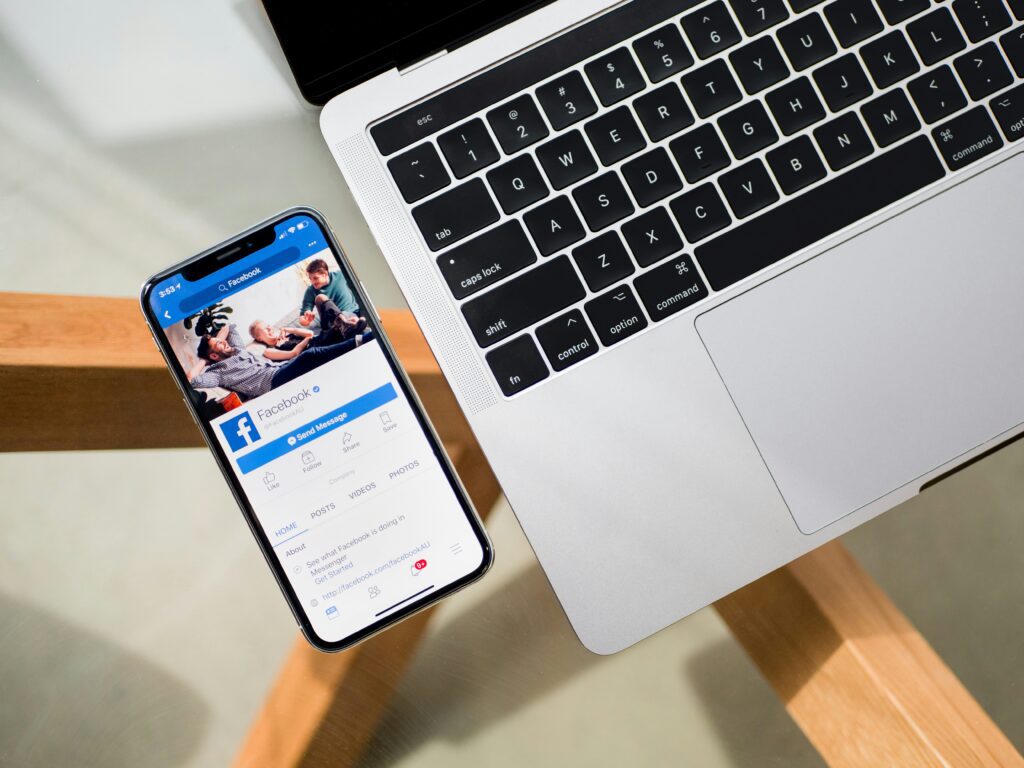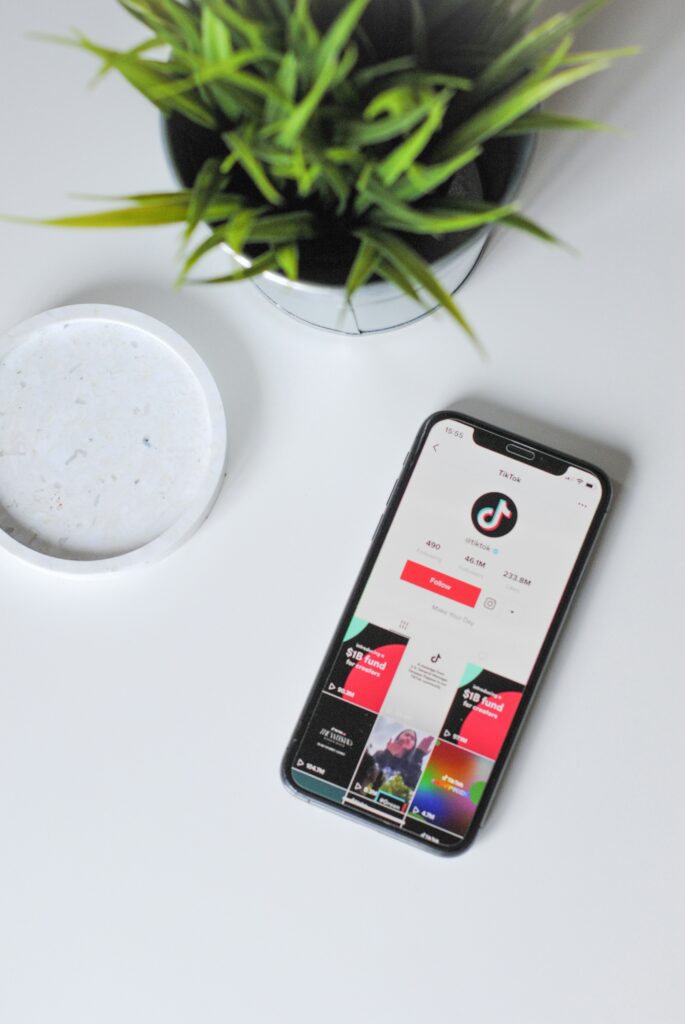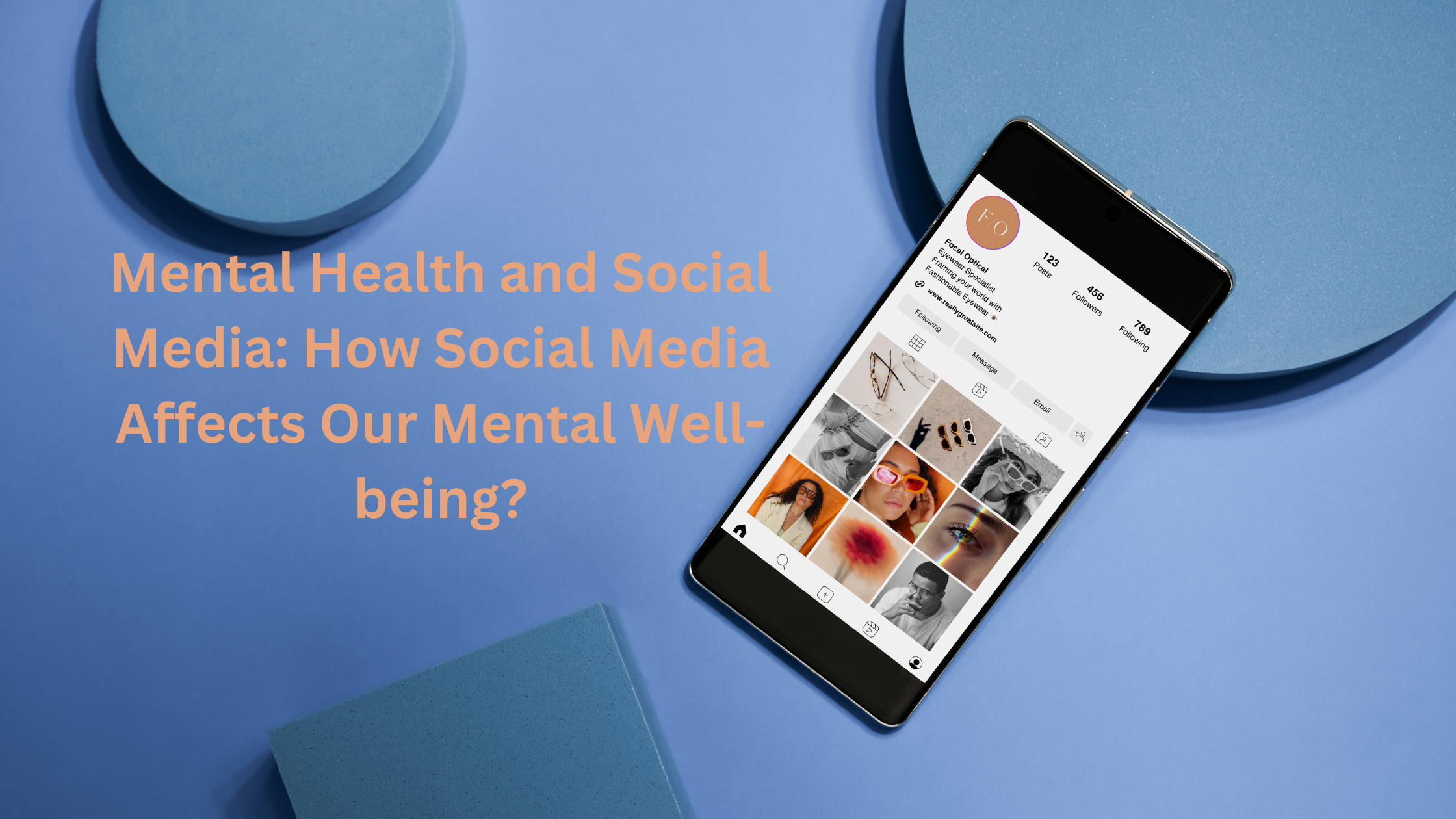Social media plays a large role in our society worldwide. As technology grows, more social media mediums and platforms are created. Social media provides us with the ability to connect with people all over the world; however, social media can have negative effects on our mental health and well-being. Even though social media does have negative effects, there are ways to change your habits. By changing how often you use social media, you may be able to manage the negative effects.
Social media is unique in that it promotes comparison and provides instant gratification and dopamine. Instant gratification is when we want something and immediately get it. In addition to this, social media can trigger dopamine. Dopamine is a chemical that creates feelings of pleasure. Likes, notifications, and comments on social media can trigger dopamine, which is why we get pleasure from social media.
What are Positive Effects of Social Media?
Social media can be viewed as something that only has negative effects. However, this is not accurate. Social media has many benefits, which explains some of the reasons why people enjoy using it so often.
Connection
Social media can connect people who wouldn’t otherwise be part of each other’s lives. For example, we can connect with people based on similar interests that we do. People can join and build communities based on activities they are passionate about. There are online support groups and forums that can be used to connect in this way. Also, people can stay connected with their friends that moved somewhere else.

In addition to this, some people who create content online in the form of blog posts, photos, and videos can use their journeys to inspire others. These accounts are usually focused on a specific niche or topic. Sharing this topic in a specific space can then bring a community of like-minded people who are interested in hearing more about it.
Education
Social media can provide us with more information on a specific subject. When looking at social media, it’s important to consume content with caution and make sure you are using a credible news source. However, there are benefits to learning about how people deal with and experience their lives. Education doesn’t need to be formal education. It can be learning about someone’s experience, hardship, or story.
Social media can also keep people informed on general things happening in the world. However, as noted above, it’s important to take the source into account. Social media isn’t typically the best place to get facts, but it can be used to generally understand what’s happening in the world.
Creativity
Social media also provides users with unique opportunities to express their creativity. People can create videos, photos, blog posts, poetry, and any other form of art that they enjoy. Social media then allows you to share your art with a wider audience. Through this, users can share their journeys, which might help other people who are in their shoes. Social media gives us a unique landscape to share with people all over the world.
Over the years, social media has even provided jobs for some people. Content creators, for example, can make money by sharing their lives and showcasing products. There are many platforms for content creators to use, but the most common ones are Facebook, Instagram, TikTok, and Pinterest.
Inspiration
Social media can inspire users through shared personal stories. When people share stories of hardships they’ve endured or things they’ve overcome, they can inspire other people to do the same. These powerful stories can help improve someone else’s outlook and mindset in their own lives. This inspiration can help people who are going through a difficult time and are feeling discouraged.
What are Negative Effects of Social Media?
While social media does have many positive effects, it also has some negative ones. Social media can lead to negative feelings towards oneself, unwanted behaviors, and a variety of mental health struggles.
Comparison
One of the most difficult components of social media is how it encourages comparison. When consuming social media, we often compare ourselves to others without realizing it.
These comparisons are often based on appearance, body type, intelligence, family life, relationship status, education, and financial situation. Unfortunately, almost any area of someone’s life can be compared to your own. The problem is that when people post on social media, they are usually posting the best parts of their lives. When we compare the hard parts of our lives to the best parts of other people’s lives, we usually end up feeling less than. This is not an accurate comparison in the slightest; however, we don’t usually realize that. As a result of these inaccurate comparisons, people can start to see themselves in more negative ways.
Low-Self Esteem
These life comparisons promoted by social media use can have an impact on a user’s self-worth and self-esteem. Social media often leaves users feeling bad about themselves.
In addition, social media allows us to see updates on our friends and family’s lives. This means that sometimes we will see people partaking in activities without us. This can lead to feelings of abandonment, inadequacy, and fear of missing out.
Cyberbullying
Cyberbullying is an awful form of bullying that is used primarily online, and unfortunately, social media has provided another platform for it. Sometimes cyberbullies feel distanced from their victims because they don’t physically see them, which makes it easier. For the one being bullied, no matter the way it’s being done, can cause self-esteem struggles and low self-worth.
Cyberbullying is a difficult thing to combat because people often use fake names or accounts. This makes it harder to find the owner of these accounts and hold them accountable for their actions. There are many organizations out there that are fighting against cyberbullying. Hopefully, one day cyberbullying will be a thing of the past.

Mental Health Struggles
Social media can also affect our mental health. It can make existing mental health conditions worse, or it might even partially cause new issues.
When using social media, it’s common for people to experience sleep issues because viewing screens before bed can mess with your sleep schedule. Poor sleep patterns can exacerbate symptoms of other mental health concerns.
Social media can also lead to feelings of depression and anxiety. As mentioned earlier, low self-worth is a common result of social media, which can heighten the risk of depression. Additionally, the vast amount of content on social media can feel overwhelming, often leaving users feeling stressed. Constant exposure to curated images and information can intensify this stress, further contributing to feelings of anxiety.
Body Image
Many social media platforms use photos and videos to share information. Because of this, people might develop a negative body image by comparing how they look to how other people look online. However, this is not an accurate comparison because we do not know if that is how the person actually looks. Photo and video editing applications can make dramatic changes to someone’s appearance; so, we never really know if a photo online is edited or not. Negative body image can lead to dangerous disorders, such as eating disorders and body dysmorphia.
Violence
Violence on social media can also have negative effects on our mental health. This is especially true for younger people because their brains are still developing. Violence can be shown in graphic videos or lifestreams, but it can also be expressed in hate speech and threatening language. When people are exposed to violent images, videos, or content over a prolonged time, their mental health will most likely suffer. It also might begin to desensitize them to violent actions.
Isolation
Social media can give us the sense of being social without actually being social. This can cause people to inadvertently isolate themselves, which can lead to mental health struggles. By partaking in social media relationships, we are taking time away from our day-to-day relationships. Isolation from loved ones can result in depression and other mental health concerns.
Addictive Behavior
Social media facilitates addictive behavior because it involves triggering dopamine from likes, comments, or other interactions on social media. If you notice that you feel like you cannot control your social media usage, you may be struggling with an addiction. Addiction to social media can be dangerous and should be treated right away.
How to Use Social Media Mindfully?
While there are negative effects that come with social media, you don’t have to stop using it altogether. Rather, it’s more helpful to evaluate your relationship with social media and recognize if there are areas you need to address.
One way to use social media mindfully is to set boundaries with how you use it. This could mean limiting it to certain times of the day or certain days of the week. You can even create intentional screen time days if that works for your schedule. By creating boundaries around the times you use social media, you will be able to improve your relationship with it. You can also turn off notifications on your phone so you are not tempted to check your accounts in between your assigned times.
Another intentional way to use social media is to curate a positive social media feed. This means unfollowing accounts that make you feel worse about yourself or ones that cause you to compare yourself to others. You can also try to follow inspiring accounts that post supportive messages and stories and mute or block accounts that trigger negative feelings. We know it can be difficult to unfollow accounts if we are interested in them, but in cases like this, our mental health must come first.
If you are still struggling with your social media use after making some changes you can try taking a break from social media. This can be referred to as a “social media detox” and lasts for whatever amount of time works best for you. Taking time away from social media allows you to come back and create a positive relationship with it. We encourage you to take a social media detox if it seems like it might be helpful for you. Even a day or two off could be beneficial.
Recognizing When Social Media is Harmful
It’s helpful to identify what signs come up for you when your social media use is getting problematic. Everyone’s signs will be a little different because everyone’s usage will be different. Some general signs to look out for are increased anxiety, depression, isolation, or anxiety. If you are worried your loved one is struggling with their social media usage, you can try to have a conversation with them and express your concerns. It is important to do this in a way that leads with compassion and without judgment.
If you find yourself struggling with your social media use even after attempting to make changes, you might need to seek professional help. This could include seeing a therapist, participating in group therapy, or using mental health-based applications.
Social media is not all bad or all good. It can bring a lot of positives and negatives that we have to learn to balance in ways that fit our lives. Reflect on how you use social media and see if there are areas that you need to tweak. Practicing mindfulness when using social media can enable us to keep using social media while distancing ourselves from the negative effects of it.
If you are struggling with your social media usage and are interested in working with someone, you can reach out to us here. We want to do everything we can to help you improve how you use social media and ways that it is helpful for you.
Here are some additional articles you may find helpful:
- The Pillars of Personal Growth: Building a Strong Mental Health Foundation
- Understanding Mental Health: Breaking the Stigma
- Understanding Anxiety Disorders: A Comprehensive Guide for Clients
Online Therapy in Florida, Idaho, South Carolina, and Utah
At Calming Transformations Counseling, our therapists understand that managing social media use can be difficult, but so are the negative effects of overuse. It can cause anxiety, stress, depression, or relationship issues. We can help through online therapy in Florida, Idaho, South Carolina, or Utah or walk and talk therapy in Hillsborough County, Florida. Book an appointment or contact us today to schedule a session and take the first step toward a healthier, happier life. Remember, your mental health is important—take the time to care for yourself.
